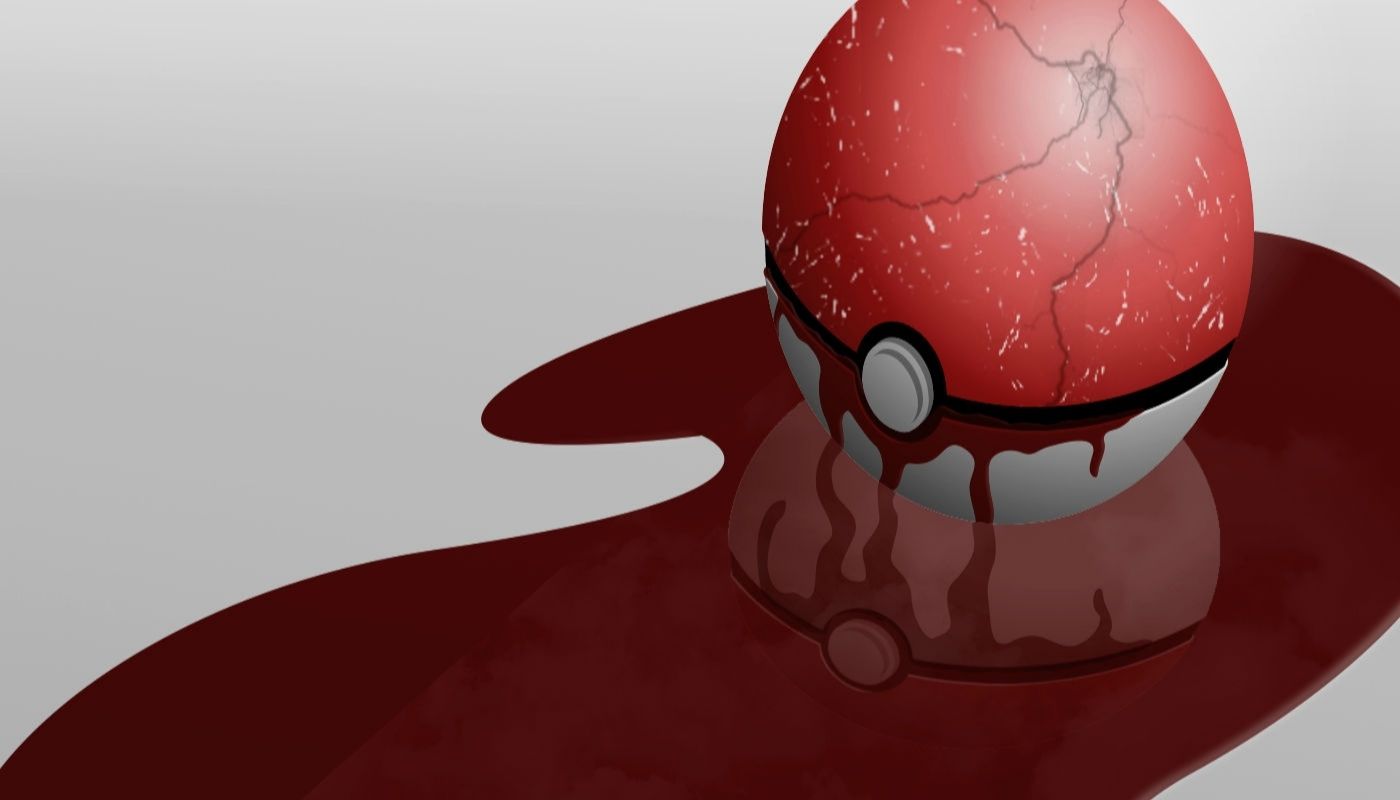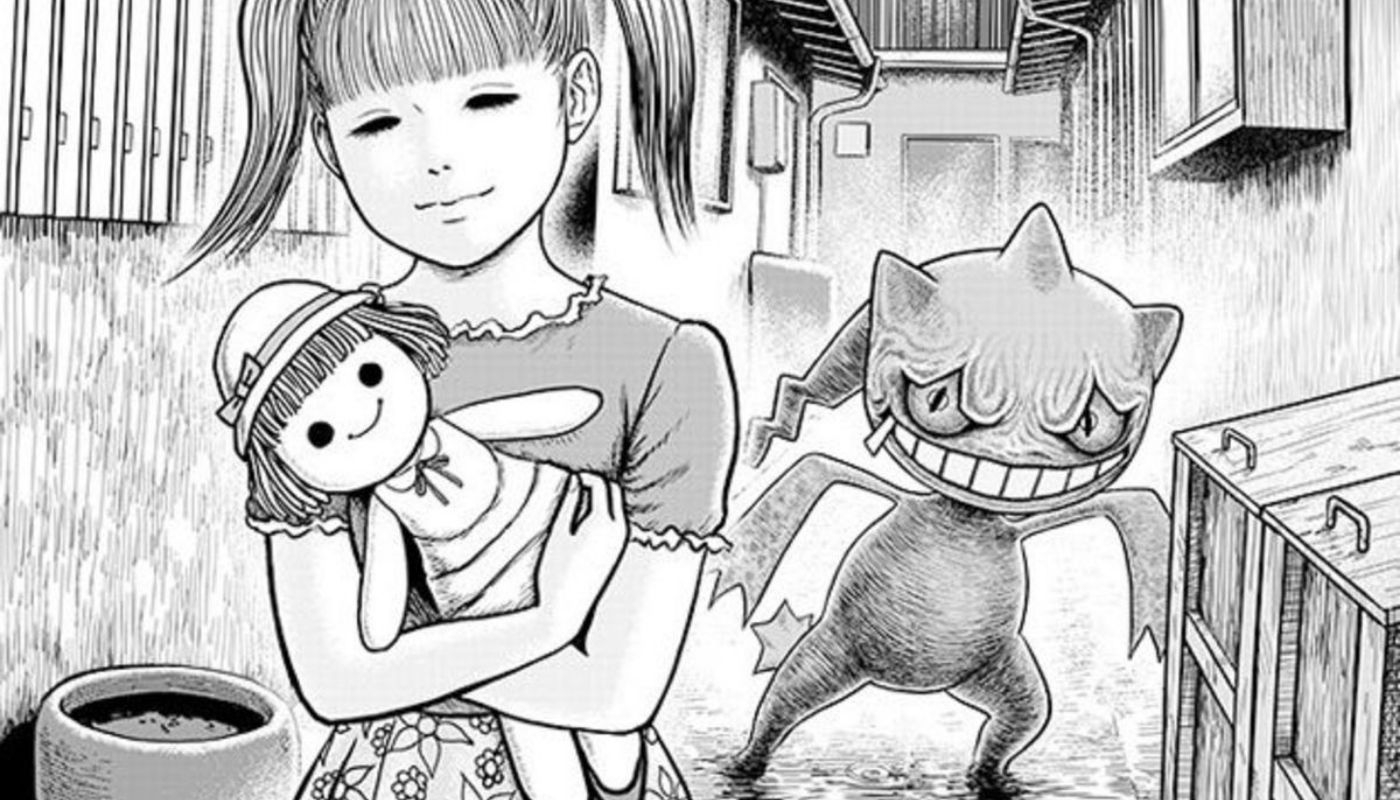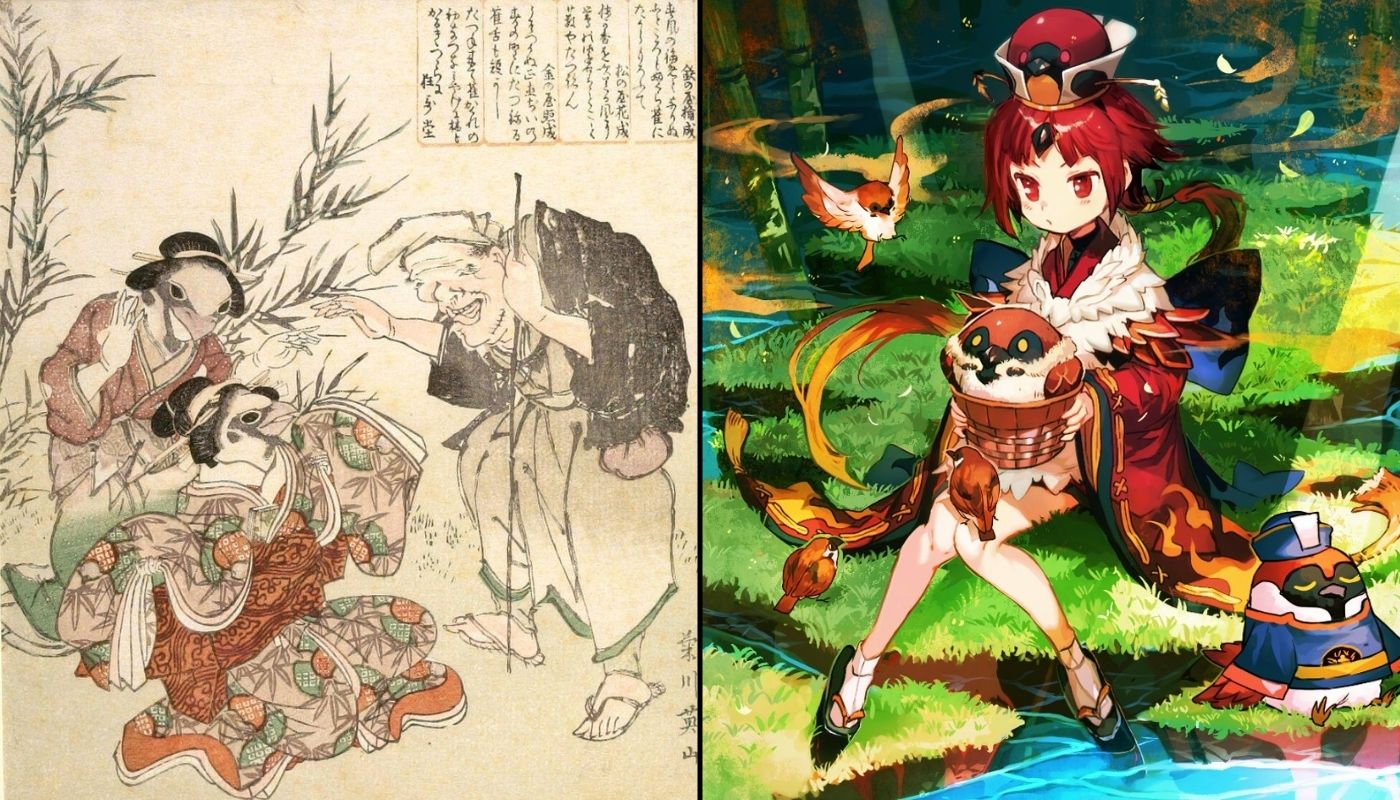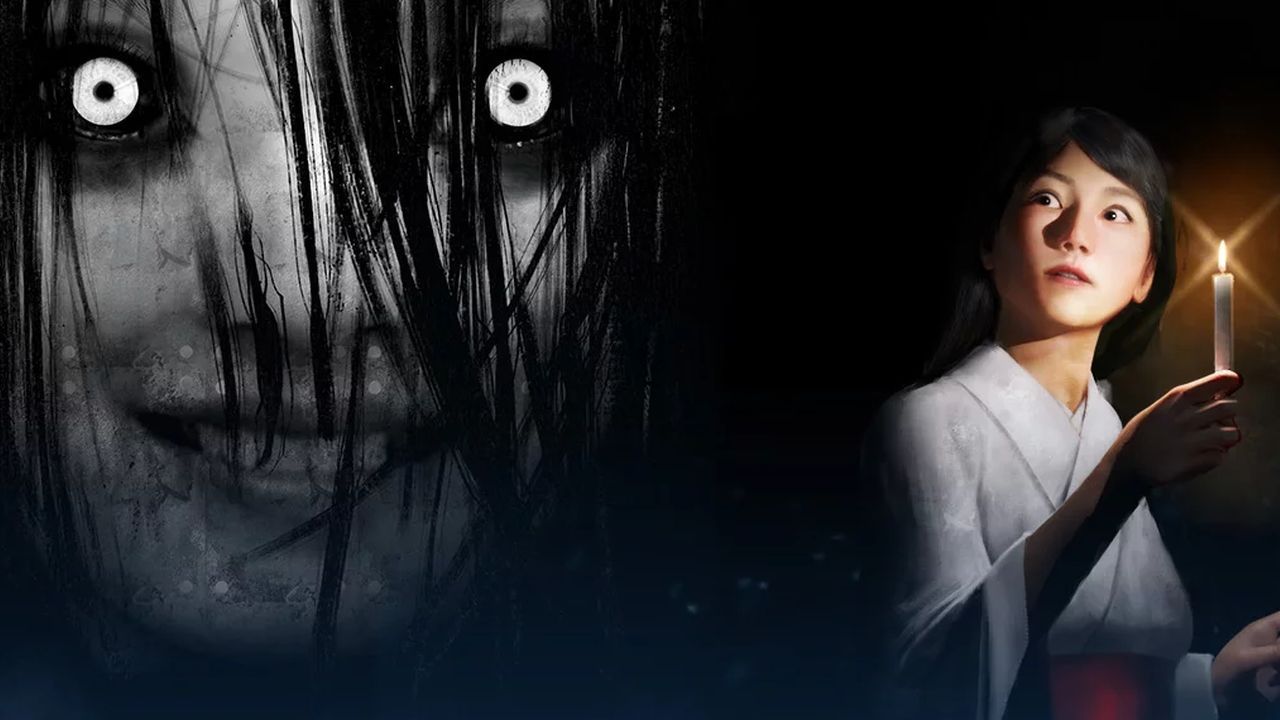
The sixth-generation era of video games is often regarded as the pinnacle of survival horror, having granted us titles such as Silent Hill 2, Fatal Frame, Forbidden Siren, and the more obscure but sometimes equally adored Ku-On. These games were perhaps just as seminal in bringing a newfound fan base to Japanese horror as the films Ringu and Ju-On, and they continue to be spoken about online even today.
Unfortunately, this specific sub-genre of survival horror is not as prevalent within the console world as it once was, but that has not stopped game developers from releasing their own takes on it elsewhere. Indie PC games have kept this sub-genre alive and well over the past few years, with quite a number of them even having been ported over to other platforms due to their success.
Ikai, which will of course be the topic of this article, was actually simultaneously released on all gaming platforms in late March, which bodes well for those of us who enjoy one platform over the other. Ikai is a first-person survival horror game developed by Endflame, a small independent studio based in Barcelona consisting of three ex-classmates who reunited after years apart with the intention of producing games that they themselves would like to play.
Having been heavily inspired by Japanese folklore, the game takes place in a fully 3D Japanese environment, emulating those from some of the previously mentioned titles. I’m personally quite picky with the games that I decide to play, but being a huge fan of Japanese horror, I just had to check this one out!
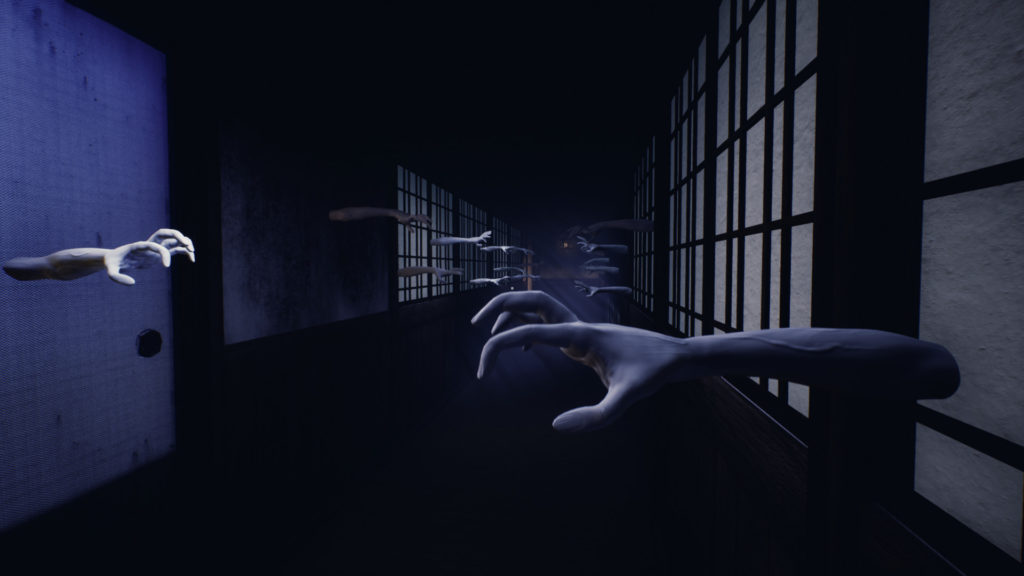
The story takes place in feudal Japan and begins with Naoko, a young priestess who works in a shrine hidden up in the mountains, as she finishes up some of her daily duties. Her uncle, the priest, must leave the shrine and head to the village where whispers of inhuman creatures roaming around have become a harsh reality. In fact, rumor has it that a new demon has turned up in the Underworld and will stop at nothing to cross over to the human world.
Naoko is tasked with holding down the fort while her uncle is gone, but when she heads to the river to wash their clothes, she discovers that the aforementioned creatures have already reached the mountain. Naoko is forced to fend for herself and attempt to banish the evil before it invades the entire village.
Like most video games, the intro serves as a sort of tutorial by having you complete seemingly mundane tasks such as sweeping the floor and tracing patterns onto paper seals. The latter, which you may have surmised, ends up being a pivotal mechanic as you eventually find yourself tracing more patterns in order to seal away a number of threatening entities throughout the game. Just don’t take too long tracing these symbols because you’ll leave yourself vulnerable to attacks!
The rest of the game-play is fairly standard as far as first-person horror goes: you will need to explore the dark environments and avoid getting attacked by specters in order to find items and clues that will help you progress further into the game. Drawers and cabinets are all available to interact with, but most will be empty, making you think outside the box more often than not.
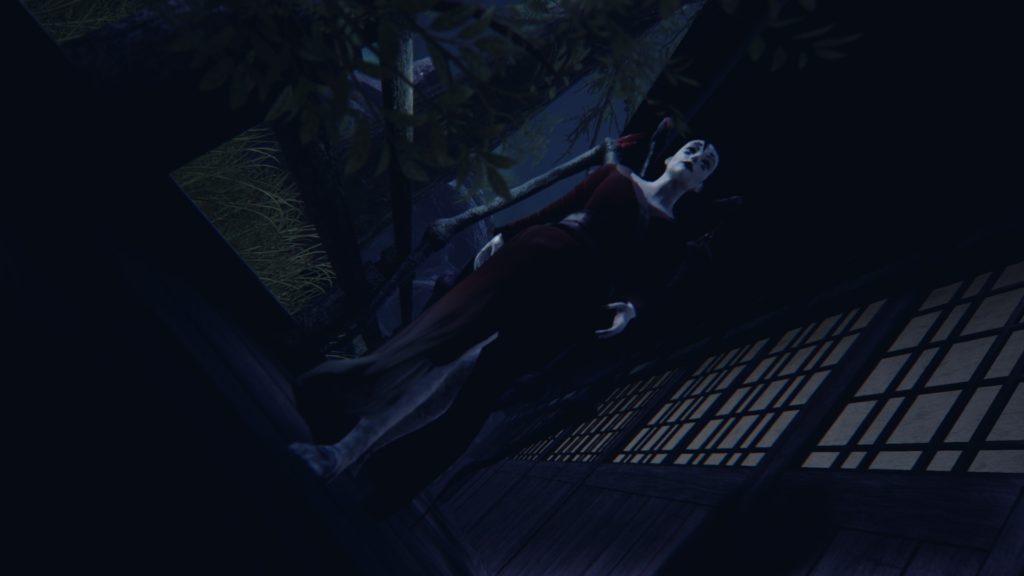
Among these items are a series of collectibles called “yokai pages”, which feature illustrations of specific yokai and yūrei by Sekien Toriyama, along with folkloric information regarding each creature. Not every yokai from these collectibles makes an appearance as an enemy in the game, but they make for a neat world-building addition! The usable items will often be used to solve a sequence of puzzles around the map.
Puzzles in survival horror will always have a special place in my heart because I have fond memories of watching my oldest sister solve the puzzles in the original Resident Evil and Silent Hill games with her friends. As much as I enjoy a good first-person shooter, I’ll always prefer racking my brain to decipher something as a defenseless character!
The puzzles presented in Ikai are adequately challenging; I only truly struggled with one of them towards the end of the game, and as much as I’d like to say that I eventually figured it out, I actually ended up looking up the solution online. Hey, I never said I was an expert!
One of my favorite segments in the game involved finding a specified number of bamboo sticks in a pile of human bones. It’s not an inherently difficult task but it was sufficiently time-consuming and made me feel fully immersed in the fictional situation. Took me a moment to snap back to reality!
The entire second half of the game had plenty of memorable moments, but I will refrain from describing them here in order to avoid spoiling the fun. Ikai is a surprisingly short game, so the less you know the better!
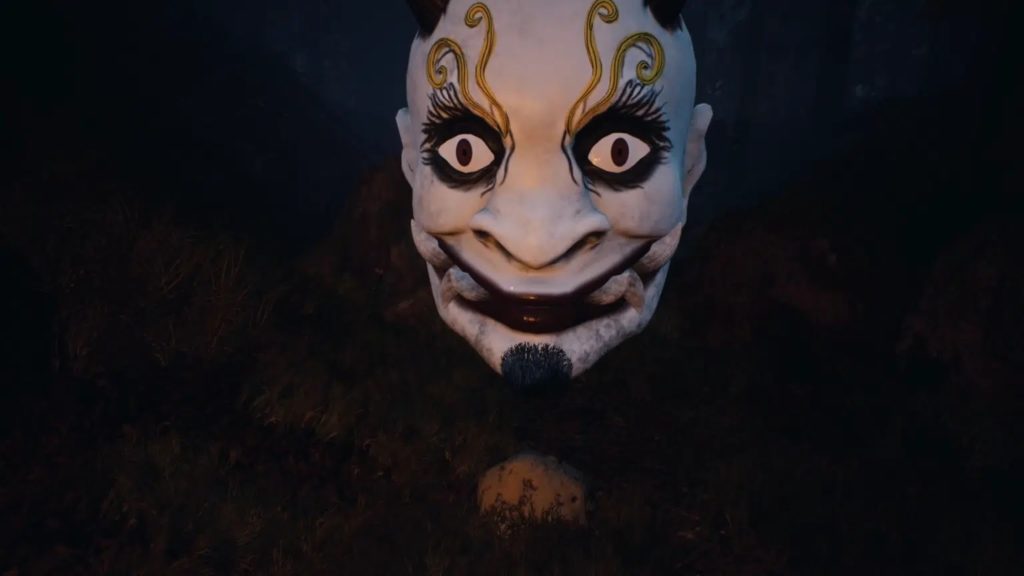
Overall, I had a very enjoyable time completing the game. I will admit, it took me a minute to fully get into it, but I believe that part of this was due to a personal preference of mine. You see, I didn’t realize that the game was available in more than one language. Aside from English, you can also play the game in Japanese, French, German, Italian, Spanish, and Traditional Chinese.
While this might not sound like a big deal to some English speakers, I always prefer hearing the Japanese language in a Japanese setting. It’s a weird nitpick on my end, I know, but I’m sure I’m not the only one who feels this way! With that said, the English dub, which I listened to for half the game, is undoubtedly competent, matching the caliber of any modern anime.
Somehow, Ikai manages to feel unique even though it utilizes familiar themes and customary mechanics. It may not be the scariest game you play all year, but it will surely please fans of Japanese-inspired horror games. This sub-genre of horror gaming has thankfully been well-maintained by indie game developers, and it seems to have begun making a bit of a comeback over these past couple of years.
With Tecmo Koei Games refusing to give us a new Fatal Frame, I find comfort in knowing that I can turn to developers like Endflame for something that dabbles in similar subject matter but feels entirely their own! I look forward to seeing what they release next.
Ikai is available on Steam but can also be purchased for Nintendo Switch, PlayStation 4, Xbox Series X and Series S, Xbox One, and PlayStation 5.
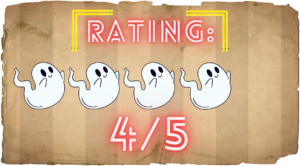
More Game Reviews
Evil Dead is a cult franchise in every sense of the idea – a variety of divergent media in the realm of comics, games, and merchandise; all humbly originating from… From the minds behind the subscription service Hunt a Killer, Death at the Dive Bar is a single-play investigative murder/mystery game. A quick synopsis from the box is as follows; “A… Saiko no Sutoka (Hepburn: Psycho Stalker) is a survival horror game created by independent Indonesian developer Habupain for PC. The story follows a teenage schoolboy named Akira as he finds… Straight Outta Kanto is aware that you freaks love nothing more than destroying treasured childhood memories. In fact, thanks to the advent of such perverse pastimes on the internet, new… You’d be forgiven, dear reader, for being incredulous at something as childish as Pokémon appearing on our page. Yes, yes. Straight Outta Kanto can imagine what you’re thinking. Pokémon is… You may already be aware of the hit mobile game Fate/Grand Order, which has a really fun mix of anime, historical figures, folklore, waifus and even some sci-fi elements! Right…Evil Dead: The Game Review – The Fantasy of Every Evil Dead Fan
Hunt A Killer’s Death at the Dive Bar Game Review
Saiko no Sutoka Game Review – Game of Yandere Cat and Mouse
Pokémon CreepyPasta – Strangled Red
Dark Side of Pokémon – The Scariest and Creepiest Monsters
Japanese Folklore of Fate/Grand Order: The Tongue-Cut Sparrow

Your typical ghoul next door; film enthusiast, horror fanatic, J-horror nerd, aspiring horror host, and all around geek. Will likely be found cuddling with their cat and reading an old smelly book, or stuffing their face with popcorn at the cinema!



